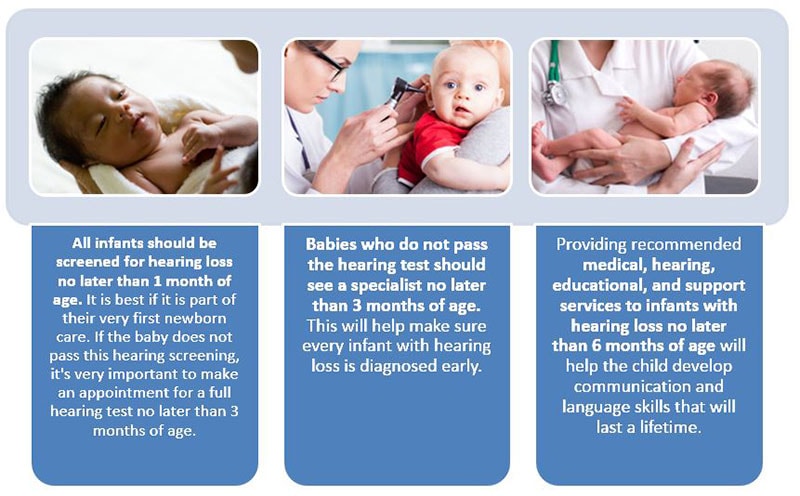
As a mother, you may wonder about the development of your baby’s hearing, especially during the time in the womb. A baby’s hearing development actually starts in the womb, and it is a vital process that can impact their overall development. In this article, we’ll be discussing everything you need to know about baby hearing development in the womb.
Table of Contents
How does hearing development begin in the womb?
Hearing development begins in the womb at around 18 weeks of gestation. The developing inner ear of the fetus is able to detect sounds from the outside world, including the mother’s voice, heartbeat, and the surrounding environment. The sound waves reach the developing inner ear through the amniotic fluid and trigger the auditory nerve, which sends signals to the brain.
What sounds can a baby hear in the womb?
A baby in the womb can hear a variety of sounds, including the mother’s voice and heartbeat, music, and even external noises like car horns and dog barks. Research has shown that fetuses are able to distinguish different sounds and show a preference for familiar sounds, such as their mother’s voice.
How does hearing development in the womb impact a baby’s overall development?
Hearing development in the womb is crucial for a baby’s overall development, as it plays a role in language acquisition, social and emotional development, and cognitive development. Research has shown that children who had exposure to language in the womb have a greater vocabulary and language skills by the age of two compared to children who were not exposed to language in the womb.
How can parents promote hearing development in the womb?
Parents can promote hearing development in the womb by talking, reading, and singing to their baby. This provides the baby with exposure to language and can help with language acquisition later on. Playing music for the baby in the womb can also be beneficial, as it can stimulate the baby’s auditory system and promote brain development.
What happens to hearing development after birth?
After birth, hearing development continues as the baby is exposed to different sounds and begins to actively engage with their environment. It is important for parents to continue to talk, read, and sing to their baby, as this can further promote language acquisition and overall development.
Conclusion
In conclusion, hearing development in the womb is a crucial process that can impact a baby’s overall development. Parents can promote hearing development by talking, reading, and singing to their baby, and playing music for them. After birth, it is important to continue to engage with your baby and provide them with opportunities to learn and explore their environment.
Frequently Asked Questions
Q: Can loud noises harm a baby’s hearing development in the womb?
A: Yes, exposure to extremely loud noises can potentially harm a baby’s hearing development in the womb. It is important for pregnant women to avoid loud noises as much as possible.
Q: Can a baby’s hearing be tested before birth?
A: Yes, there are tests that can be done to assess a baby’s hearing in the womb, such as the otoacoustic emissions test. However, these tests are typically only done if a baby is at risk for hearing loss.
Q: Can a baby’s hearing develop differently if the mother listens to different types of music in the womb?
A: Research has shown that exposure to different types of music in the womb can have an impact on a baby’s auditory development. However, more research is needed to fully understand how different types of music impact hearing development.
Q: Is it normal for a baby to startle in response to loud noises after birth?
A: Yes, it is normal for babies to startle or jump in response to sudden or loud noises after birth. This is known as the Moro reflex and typically diminishes after a few months.
Q: How can I tell if my baby has a hearing problem?
A: Signs of a hearing problem in babies include not responding to sounds, not turning their head towards sounds, and not babbling or making sounds. If you have concerns about your baby’s hearing, talk to your pediatrician about getting their hearing tested.
